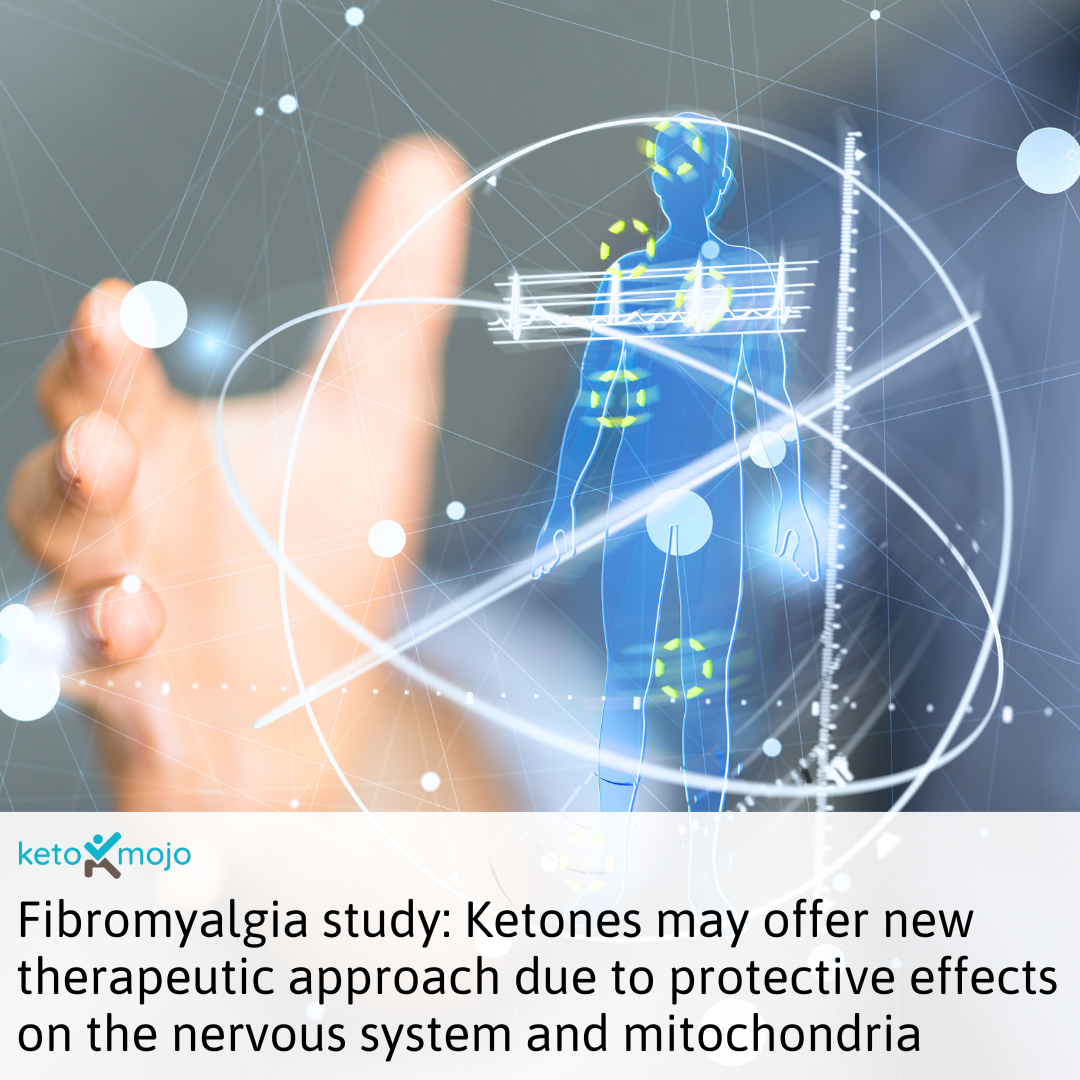Neurology, Obesity
Efficacy, safety and tolerability of very low-calorie ketogenic diet in obese women with fibromyalgia: a pilot interventional study

This pilot study examines the effects of the very low-calorie ketogenic diet (VLCKD) on obese women diagnosed with fibromyalgia, considering the relationship between obesity and worsened fibromyalgia symptoms and the potential therapeutic benefits of the VLCKD for fibromyalgia-related conditions.
Methods:
Female patients with fibromyalgia and a BMI of ≥30 kg/m2 underwent VLCKD. The diet started with a ketogenic phase, followed by a gradual reintroduction of carbohydrates. The study tracked changes in BMI, the Fibromyalgia Impact Questionnaire (FIQ), and various other health and well-being scales.
Results:
Out of 20 participants, 18 completed the study, with an average age of 51.3 years and BMI of 37.2 kg/m2. All participants lost weight during the ketogenic phase, and this weight loss was sustained even after reintroducing carbohydrates. Significant reductions in FIQ scores indicated an improvement in fibromyalgia symptoms. Improvements were also seen in anxiety, depression, and quality of life scores. 89% of patients showed clinically significant reductions in FIQ at the first checkpoint. However, no direct correlation was found between the change in BMI and improvements in fibromyalgia symptoms. Side effects were minor, with no serious safety concerns arising.
Conclusion:
VLCKD appears effective for fibromyalgia patients, as demonstrated by improvement across different disease aspects, even post carbohydrate reintroduction.
The underlying science suggests that ketone bodies from the VLCKD may help modulate neuroinflammation, a suspected contributing factor in fibromyalgia, as supported by imaging studies and the presence of proinflammatory agents in the spinal fluid of fibromyalgia patients.
Beta-hydroxybutyrate and acetoacetate have been shown to protect the nervous system by reducing oxidative stress and influencing mitochondria, transcription processes, and gut microbiota.
While the full effects of neuroinflammation on fibromyalgia are not entirely clear, addressing it could offer a potentially new therapeutic approach for fibromyalgia patients.






